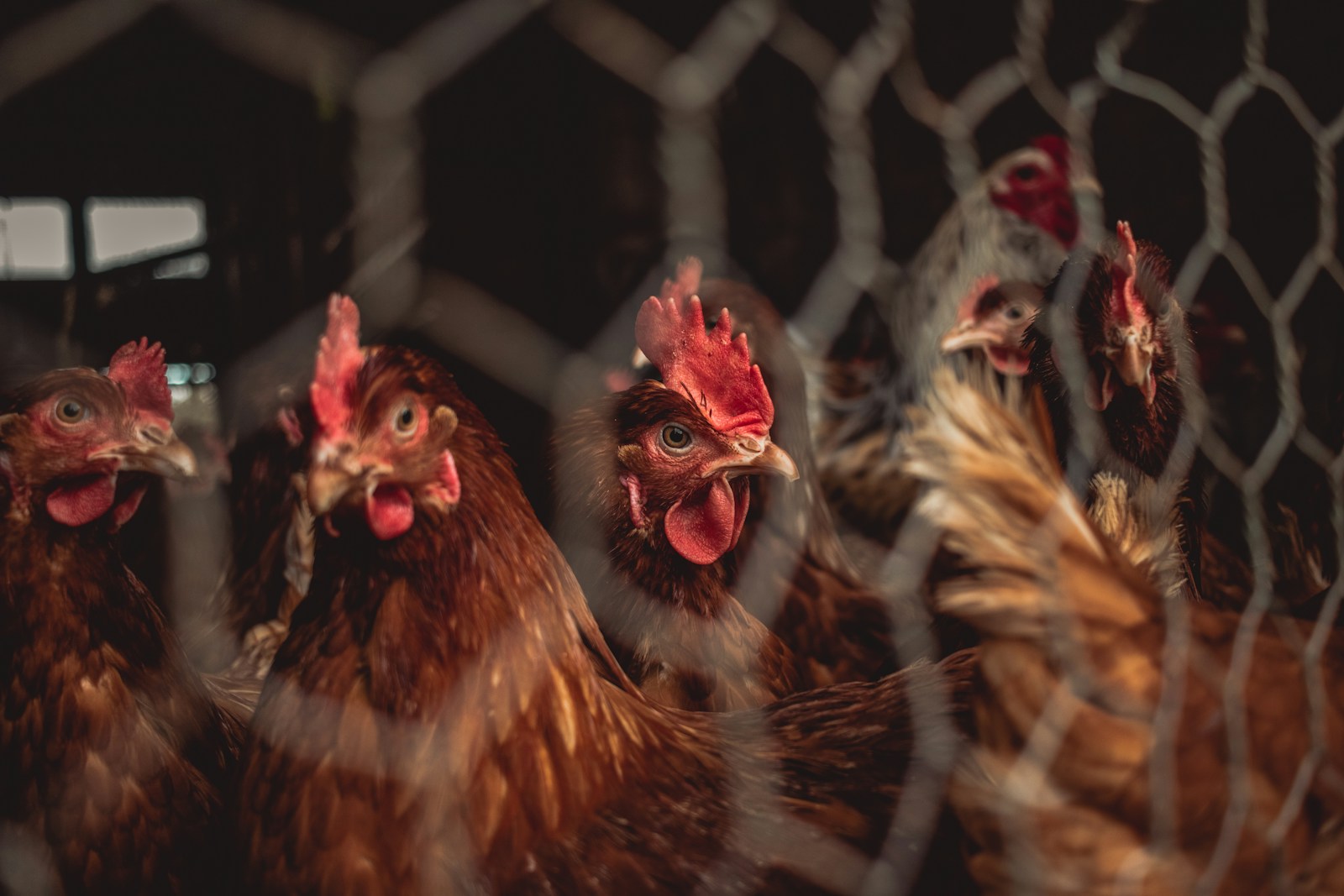We have been surprised to read recently that integrating chickens into communities can dramatically increase sustainability and reduce food waste. Chickens not only provide fresh eggs and meat but also recycle organic waste, transforming kitchen scraps into valuable resources. Here are a few of the highlights from our research and links to interesting articles.
Chickens as Natural Recyclers
Chickens have an innate ability to consume a wide variety of food scraps, effectively diverting organic waste from landfills. Research indicates that each backyard chicken can consume approximately 82.9 pounds of household food scraps annually. This means that 24 chickens can process a ton of municipal solid waste food annually, producing less than half the greenhouse gases compared to the anaerobic decomposition of the same waste in landfills.
Enhancing Soil Fertility
Beyond waste reduction, chickens contribute to soil health through their manure, which is rich in nitrogen, potassium, phosphorus, and calcium. When properly composted, chicken manure serves as an excellent fertilizer, enhancing soil structure and promoting sustainable gardening practices.
Economic and Environmental Benefits
Utilizing food waste as chicken feed presents significant economic advantages. Poultry farmers can save up to 50% on feed costs, which constitute about 65% of their production expenses. This practice not only boosts profitability but also contributes to environmental sustainability by reducing the need for commercial feed production.
Community Engagement and Education
Incorporating chickens into community gardens or urban farming initiatives fosters community engagement and education. Residents, especially children, gain hands-on experience in sustainable living practices, learning about the food cycle, waste reduction, and responsible animal husbandry.
Case Study: Urban Farming Initiatives
Cities worldwide are recognizing the benefits of urban farming with chickens. For instance, in New York City, initiatives like “Make Food, Not Waste Restaurant Week” encourage restaurants to create zero-waste dishes, highlighting the importance of reducing food waste—a concept that can be extended to community-based chicken farming.
Considerations and Best Practices
While the benefits can be substantial, aspiring urban chicken farmers must be prepared to manage backyard chickens responsibly. Proper housing, regular health checks, and adherence to local regulations ensure the well-being of the birds and the community. Additionally, not all food scraps are suitable for chickens; it’s crucial to avoid feeding them spoiled or toxic foods.
While we have not introduced chickens to our yard yet — it’s too cold at the moment! — we are excited about the possibilities for food waste management, soil enhancement, and community engagement. Who knew!?
